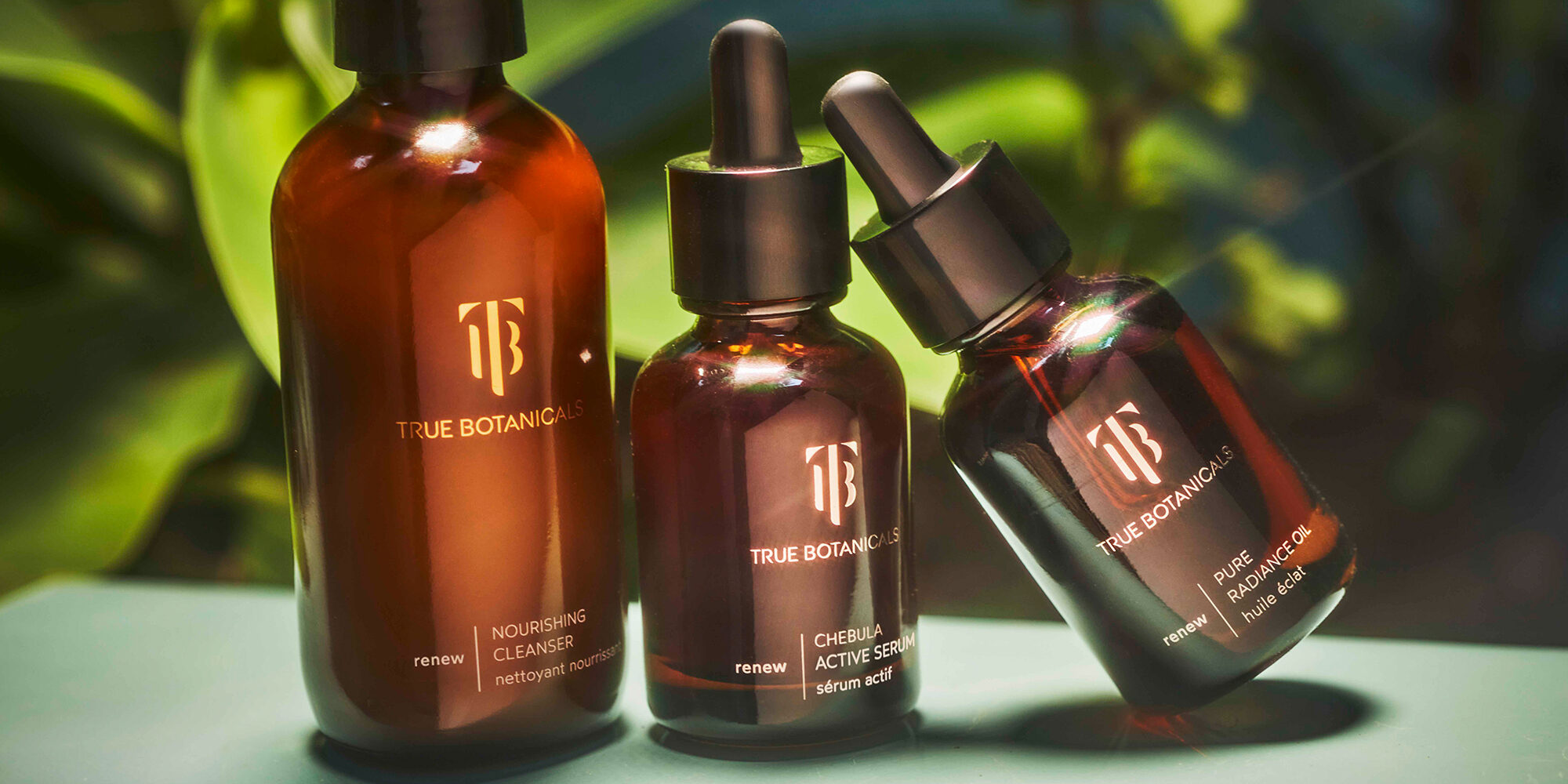
Luxury Skincare Disruptor True Botanicals Nabs Series B Investment From NextWorld Evergreen
True Botanicals, the clean beauty brand shaking up luxury skincare, has received a series B investment from NextWorld Evergreen.
The investment caps off an eventful two years for True Botanicals that’s seen it hire crucial executives, focus on television advertising and breakthrough hero products, return to retail and catapult sales. As the brand charges ahead, the funding will be instrumental in its plans to ramp up distribution, stretch abroad, create skincare products addressing specific concerns, and bolster its environmental, social and governance strategy.
“We have tripled the size of the brand in the last two years. I would love to do that again, and we have so much room to grow,” says True Botanicals CEO Sandy Saputo. “We have yet to really scratch the surface in terms of our omnichannel presence. We haven’t launched internationally, so that’s another growth path, and we have potential new product categories we can enter. With NextWorld’s partnership—they are bringing so much insight and thoughtful guidance—we can fuel the next phase of growth.”
NextWorld has a 100-year fund structure that provides it flexibility to have a longer term perspective than is typical of private equity. Terms of its deal with True Botanicals weren’t disclosed, but the firm usually invests in companies with annual revenues of $10 million to $100 million. According to publication Women’s Wear Daily’s sources, True Botanicals was projected to reach $50 million in sales last year.
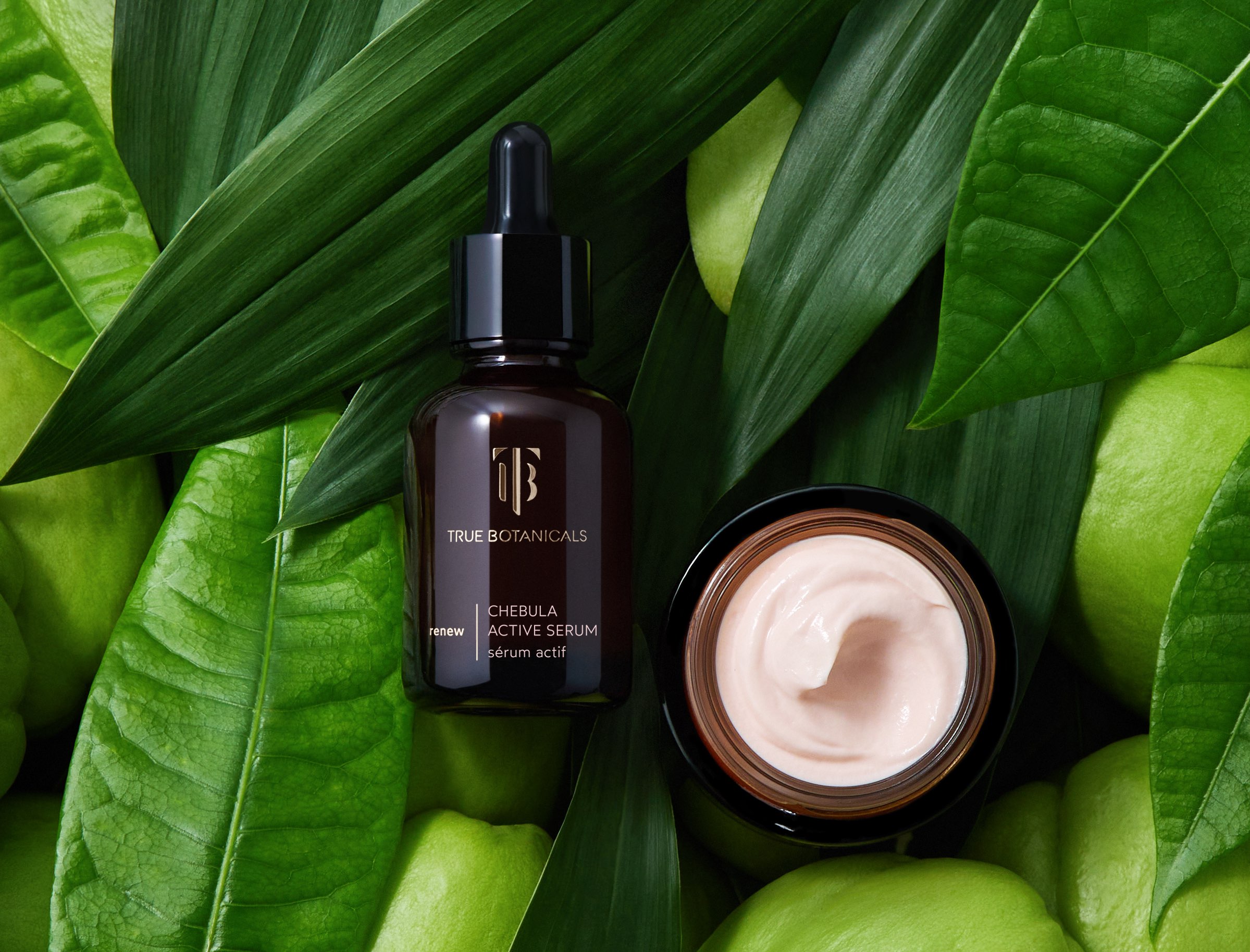
The brand aligns with NextWorld’s “deep conviction in clean beauty,” according to Tiffany Obenchain, managing partner at the firm. NextWorld is hardly a clean beauty neophyte. It’s backed Credo from the clean beauty retailer’s start and was an investor in W3ll People, a clean makeup brand E.l.f. Cosmetics snapped up in 2020 for $27 million.
At a moment during which clean beauty has been under fire, True Botanicals’ certifications (for example, it adheres to Made Safe, Environmental Working Group, MyMicrobiome, Forest Stewardship Council and EcoVadis standards) and randomized double-blind independent clinical trials signal to consumers that it’s serious about safety, sustainability, conscience formulation and results.
“We are making sure we put proof in front of the consumer so they trust us. Any time we’ve done consumer research, the No. 1 thing that the consumers tell us is they trust True Botanicals to be who we say we are,” says Saputo. “I think clean should be the norm, but it should be credible, and brands should show more proof against how they are clean.”
NextWorld was no stranger to True Botanicals prior to its investment in it. Unilever Ventures placed a beauty industry spotlight on the brand by pouring $3 million in seed capital into it in 2017. Both NextWorld and True Botanicals are headquartered in California’s Bay Area, and the partnership between the firm and the brand reunites Andrea Freedman, operating partner at NextWorld, and Saputo, previously CFO and CMO, respectively, at LVMH Moët Hennessy Louis Vuitton-owned Kendo Brands.
Saputo’s Kendo connections don’t end with Freedman. After assuming the CEO post at True Botanicals in 2020, she enlisted Rebecca Boston Sobel, former global VP at Kendo and global director of social and content marketing at Bare Escentuals, as CMO. Sarina Godin, former SVP of sales and product development at Herbivore, president at Butter London and VP of global marketing and product development at Bare Escentuals, and Tracy Hart, former CFO at Method and Yes To, joined True Botanicals as chief product officer and CFO, respectively.
“We want to redefine the luxury skincare brand of the future.”
The management team at the brand is staying intact. In total, it has 27 employees. True Botanicals is, however, ushering in a rejiggered board with the NextWorld investment. Hillary Peterson, who founded the brand in 2014 following stints as CEO of Marie Veronique Organics and marketing manager at Levi Strauss & Co., will be on the board along with Saputo, Obenchain, Freedman and Margarita Arriagada, founder of beauty brand Valdé and former chief merchant at Sephora.
A key juncture for True Botanicals came in 2021, when Saputo recounts the brand decided to make a major move into television advertising as most direct-to-consumer brands were concentrating on digital environments. True Botanicals has had a number of celebrity faces, including Laura Dern, Brooke Shields, Rebecca Rittenhouse and Olivia Wilde, and made the move into TV as Apple’s iOS 14 update tanked digital ads.
“We thought to ourselves, could we be the first luxury skincare brand to leverage TV as a performance channel? It was disruptive,” says Saputo. “We didn’t know if it was going to work, but that’s what’s exciting when you have something that’s challenging, it’s messy and risky. When we tried it, it was game-changing. It delivered exactly what we had hoped, large-scale awareness and incredibly high performance.”
To illustrate the success of True Botanicals’ TV spots, Saputo mentions Google searches for chebula surged 922% last year. The brand is recognized for the ingredient, an Ayurvedic herb from a tree native to South and Southeast Asia, in skincare due to bestseller Chebula Active Serum, a centerpiece of its advertising. “We wanted to build a luxury DTC model that the industry had never seen. We have a DTC model that is really anchored in a subscription model,” says Saputo, noting True Botanicals’ customer retention rate is 48%.
Today, the brand is revisiting its advertising mix. “The social media advertising space is starting to show some promise again with new tools from Facebook, but TV will always continue to be a differentiator for us,” says Saputo. True Botanicals has already revisited its distribution mix. In 2018, it retreated from wholesale. Under Saputo’s watch, it’s reversed course. Nordstrom, The Detox Market, QVC and Credo currently carry the brand. Saputo says retailers that prioritize clean beauty, luxury and sustainability could be fits for it as it expands its retail network.
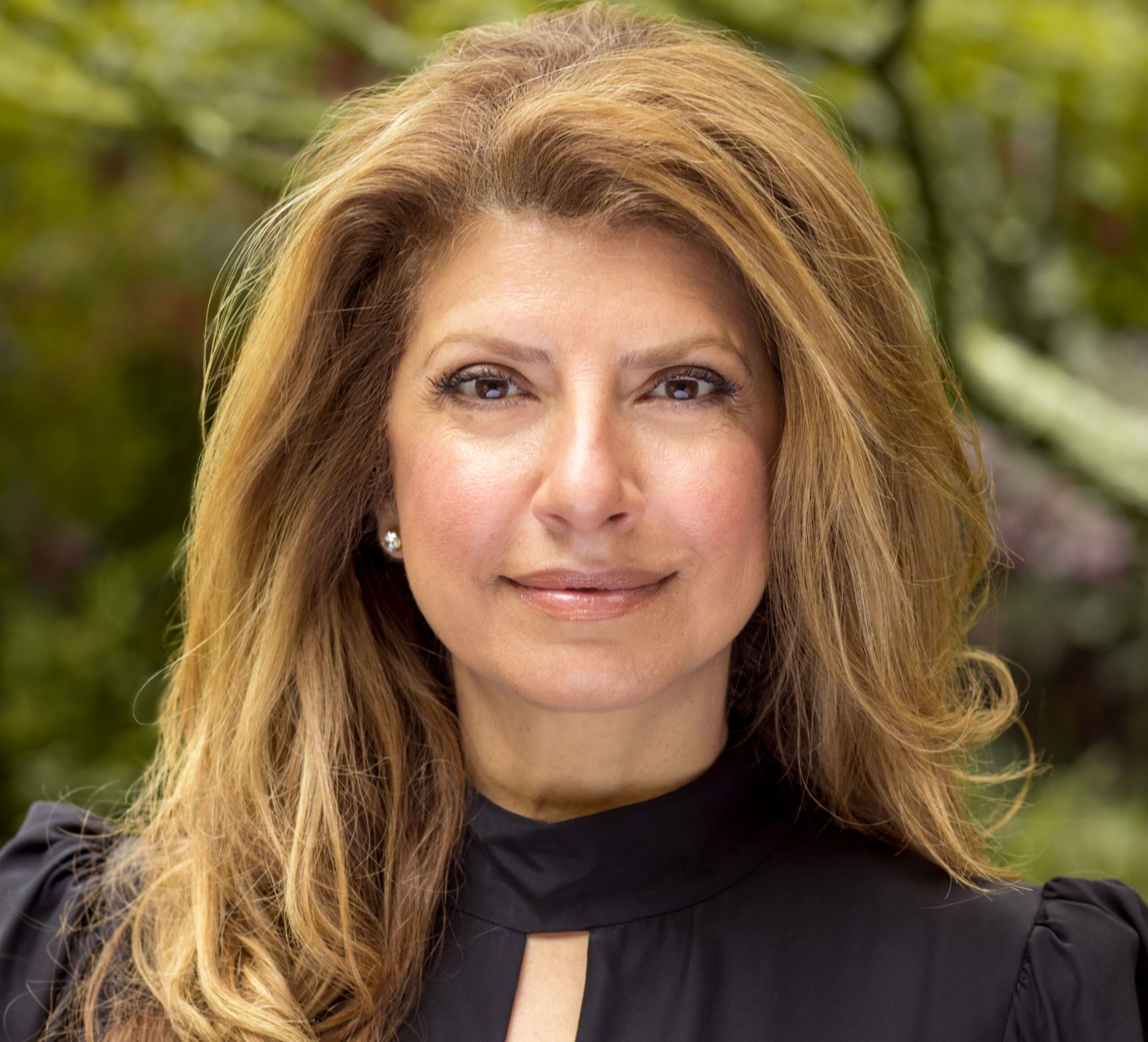
About 70% of True Botanicals’ customers are aged 25 to 42 years old. Saputo says there are opportunities for the brand to increase its base of younger and older consumers. QVC, where True Botanicals premiered on Feb. 24, is a plus for attracting older consumers. For younger consumers, the brand’s Ginger Turmeric Cleansing Balm, a popular product on TikTok, has been a big draw.
True Botanicals’ assortment spans 30 products across face, body and sun care, and it endeavors to introduce customers to three-product regimens. The average price of the products is around $90 to $100. In addition to Chebula Active Serum and Ginger Turmeric Cleansing Balm, Pure Radiance Oil and Chebula Extreme Cream are hot items. SuperSEA Firming & Lifting Treatment, a product designed to lift the face with a blend of seaweeds and sea minerals, is the latest release. With important skincare product categories generally covered in its assortment, Saputo says, “Now we are looking for ways to meet targeted skincare needs.”
Speaking broadly about luxury beauty, she elaborates, “We want to redefine the luxury skincare brand of the future, where, No. 1, clean is table stakes. Luxury skincare has a long way to go to have it be table stakes. No. 2, within clean beauty, it’s about a really transparent approach to sustainability. We want our consumers to know as much as we do. We want to connect, educate and entertain. It’s putting customers at the forefront and giving them what they are looking for with a value system they can relate to and products that outperform their expectations.”

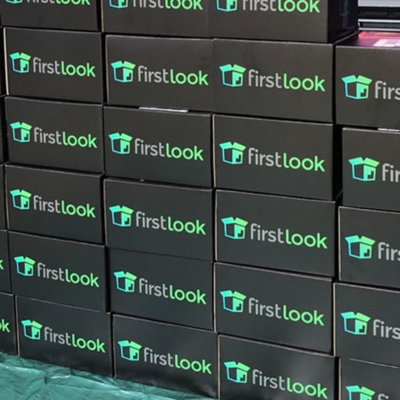
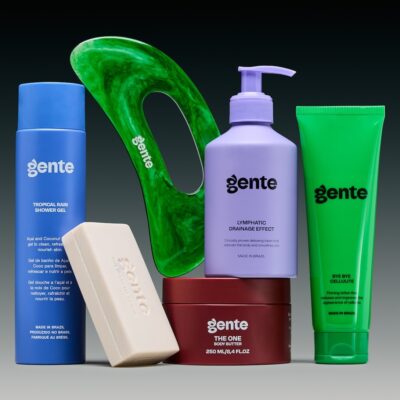
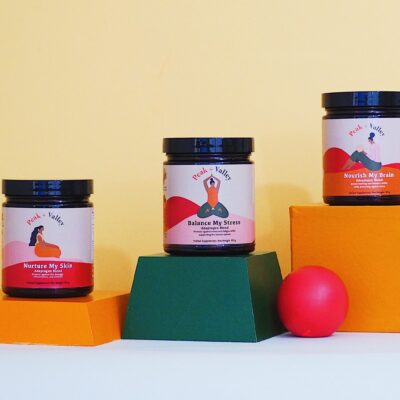
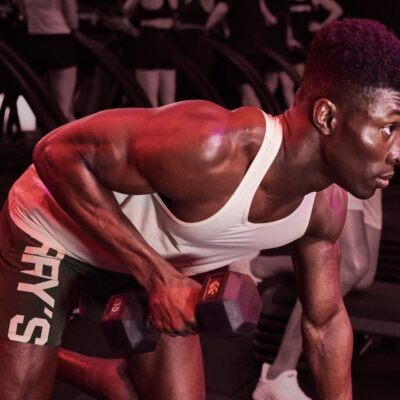
Leave a Reply
You must be logged in to post a comment.